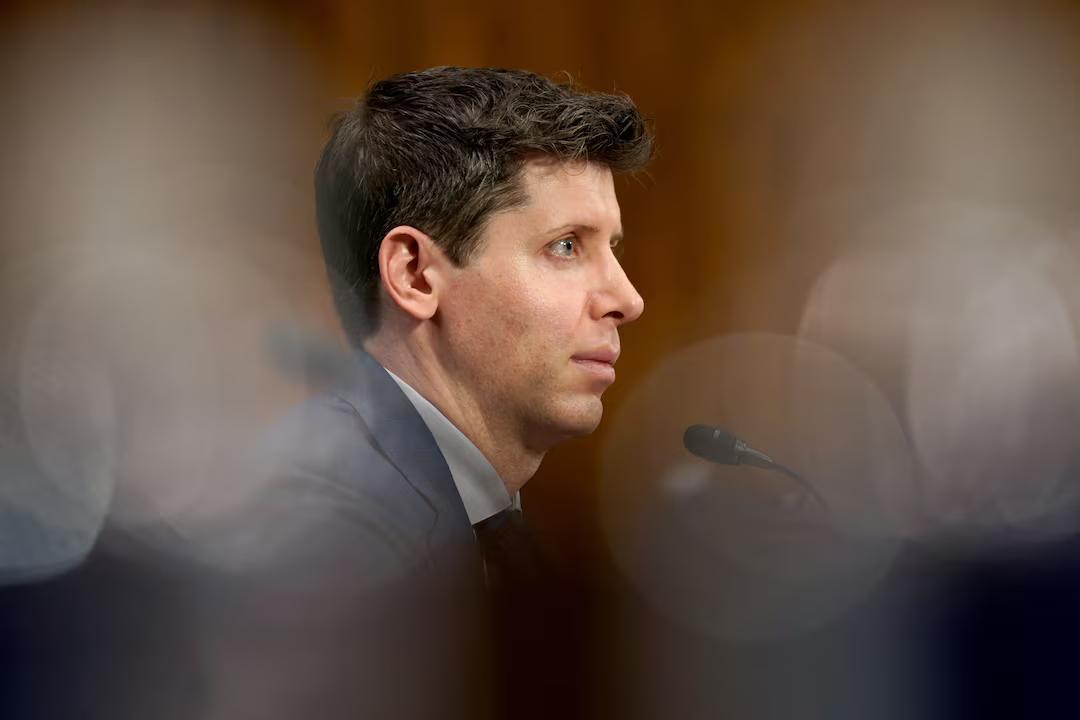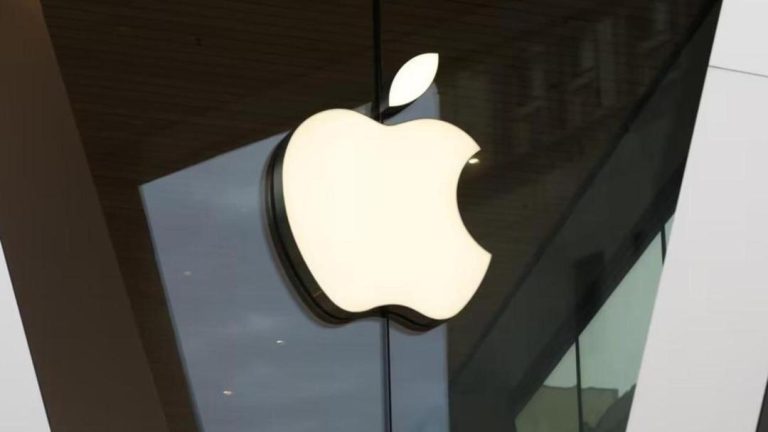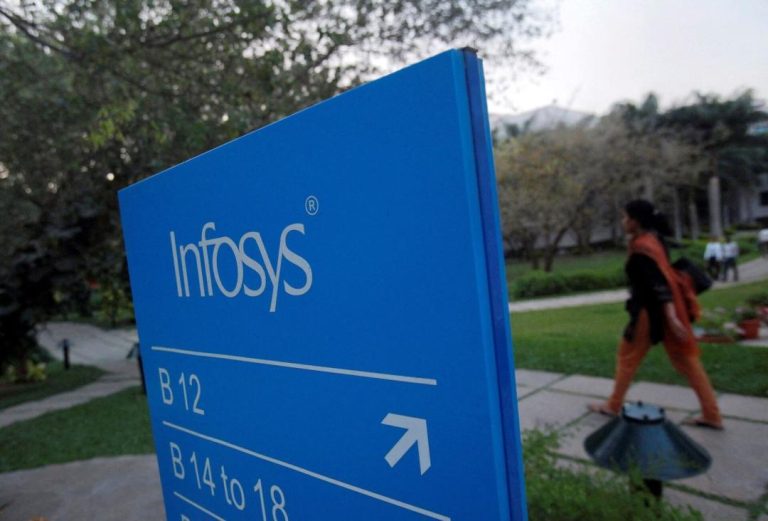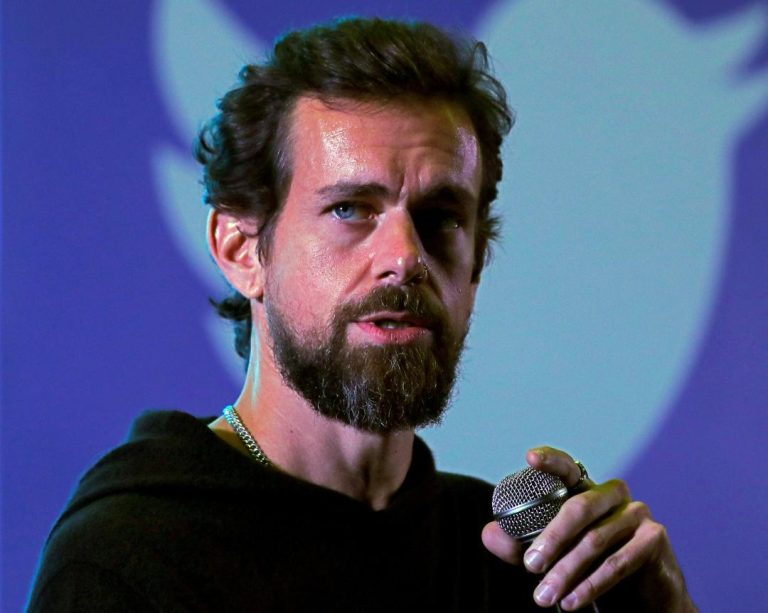
OpenAI Poaches AI Talent from Meta & Others After Meta’s Poaching: Report
The world of artificial intelligence (AI) has seen a recent surge in talent poaching, with OpenAI, the maker of the popular AI chatbot ChatGPT, playing a clever game of reverse poaching. According to a recent report by WIRED, OpenAI has hired four high-profile engineers from Meta, xAI, and Tesla to join its scaling team. This move comes as Meta continues to poach AI talent from across the tech industry.
The four engineers who have made the switch to OpenAI are:
- David Lau, who previously served as the Vice President of Software Engineering at Tesla.
- Uday Ruddarraju, who was the Head of Infrastructure Engineering at xAI.
- Mike Dalton, an engineer at xAI.
- Angela Fan, a researcher at Meta AI.
This strategic move by OpenAI is seen as a bold attempt to counter Meta’s aggressive poaching tactics. Meta, the parent company of Facebook, Instagram, and WhatsApp, has been actively seeking to hire top AI talent from various tech companies, including Google, Microsoft, and Amazon. This has led to a significant brain drain in the AI industry, with many top engineers and researchers leaving their current companies to join Meta.
OpenAI’s decision to poach talent from Meta and other rivals is a clever move, as it not only strengthens the company’s own AI capabilities but also sends a strong message to the industry. By hiring highly skilled engineers and researchers, OpenAI is demonstrating its commitment to innovation and its ability to compete with the likes of Meta.
The hiring of these four engineers is a significant coup for OpenAI, as each of them brings a unique set of skills and expertise to the table. David Lau, for instance, has extensive experience in software engineering and has worked on several high-profile projects, including Tesla’s Autopilot system. Uday Ruddarraju, on the other hand, has expertise in infrastructure engineering and has worked on building large-scale AI systems. Mike Dalton and Angela Fan, both engineers and researchers at xAI, bring a deep understanding of AI algorithms and their applications.
The hiring of these engineers is also a testament to OpenAI’s growing reputation as a leader in the AI industry. Founded in 2015, OpenAI has quickly established itself as a pioneer in AI research and development, with its flagship product, ChatGPT, being hailed as a revolutionary AI chatbot. The company’s mission to ensure that AI benefits all of humanity has resonated with many in the industry, and its commitment to open-source AI research has made it a go-to destination for top talent.
The poaching of AI talent is not a new phenomenon, but it has become increasingly common in recent years. The rise of AI has created a high demand for skilled engineers and researchers, and companies are willing to go to great lengths to attract and retain the best talent. This has led to a war for talent, with companies offering lucrative salaries, stock options, and other benefits to lure top engineers away from their current employers.
In recent times, Meta has been at the forefront of this poaching war, with reports suggesting that the company has hired over 100 engineers from Google alone. Other companies, including Microsoft and Amazon, have also been actively poaching talent from their rivals.
While poaching talent can be a successful strategy for a company, it can also have negative consequences. The departure of top engineers and researchers can lead to a brain drain, causing a company’s AI capabilities to decline. Additionally, poaching can create a toxic work environment, with employees feeling undervalued and unappreciated.
In conclusion, OpenAI’s decision to poach AI talent from Meta and other rivals is a bold move that demonstrates the company’s commitment to innovation and its ability to compete with the likes of Meta. The hiring of these four engineers is a significant coup for OpenAI, and it is likely to have a positive impact on the company’s AI capabilities. As the war for talent continues to rage on, it will be interesting to see how companies adapt and respond to the changing landscape.






